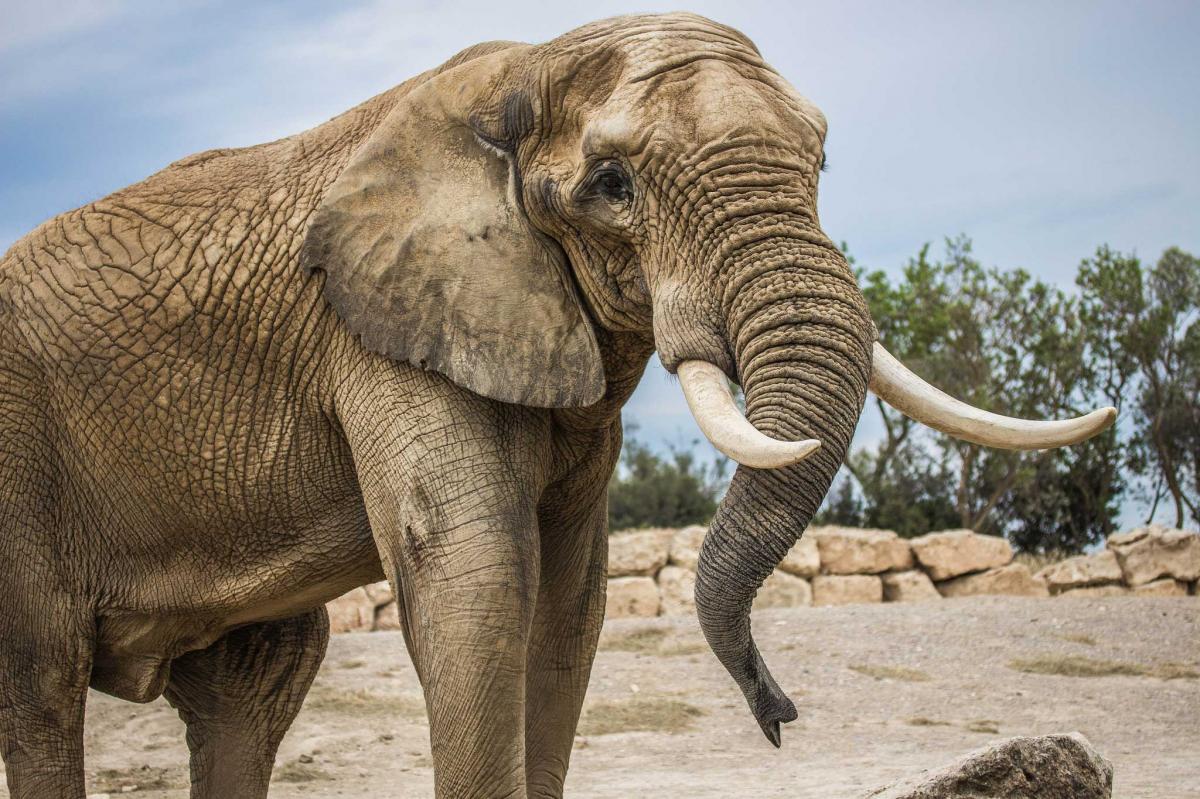Y: Elephants are peculiar animals...
D: They're the largest land animals on the planet...
Y: They may mourn their dead...
D: And they only very rarely get cancer.
Y: Wait Don, I didn't know that.
D: It's true, Yaël.
Y: But since elephants are so big, they have way more cells than most animals. Which means more opportunities for elephant cells to go crazy and become cancerous.
D: You'd think so, but the cancer mortality rate for elephants is less than five percent, compared to around 25 percent in people.
Y: OK. But what's so special about elephants?
D: Scientists at the University of Utah and at Arizona State studied the elephant genome and found that they have up to forty extra copies of genes that code for a protein called p53, which has strong cancer‑preventing properties.
Y: What does p53 actually do?
D: It appears to kill damaged cells before they can become cancerous and divide. The researchers confirmed this when they looked at elephants cells in the lab.
Y: So is p53 the only reason that elephants rarely get cancer?
D: Probably not. There may be other mechanisms at play. But p53 certainly plays an important role. And in time, this research could pave the way for new drugs that help prevent and fight cancer in humans.









